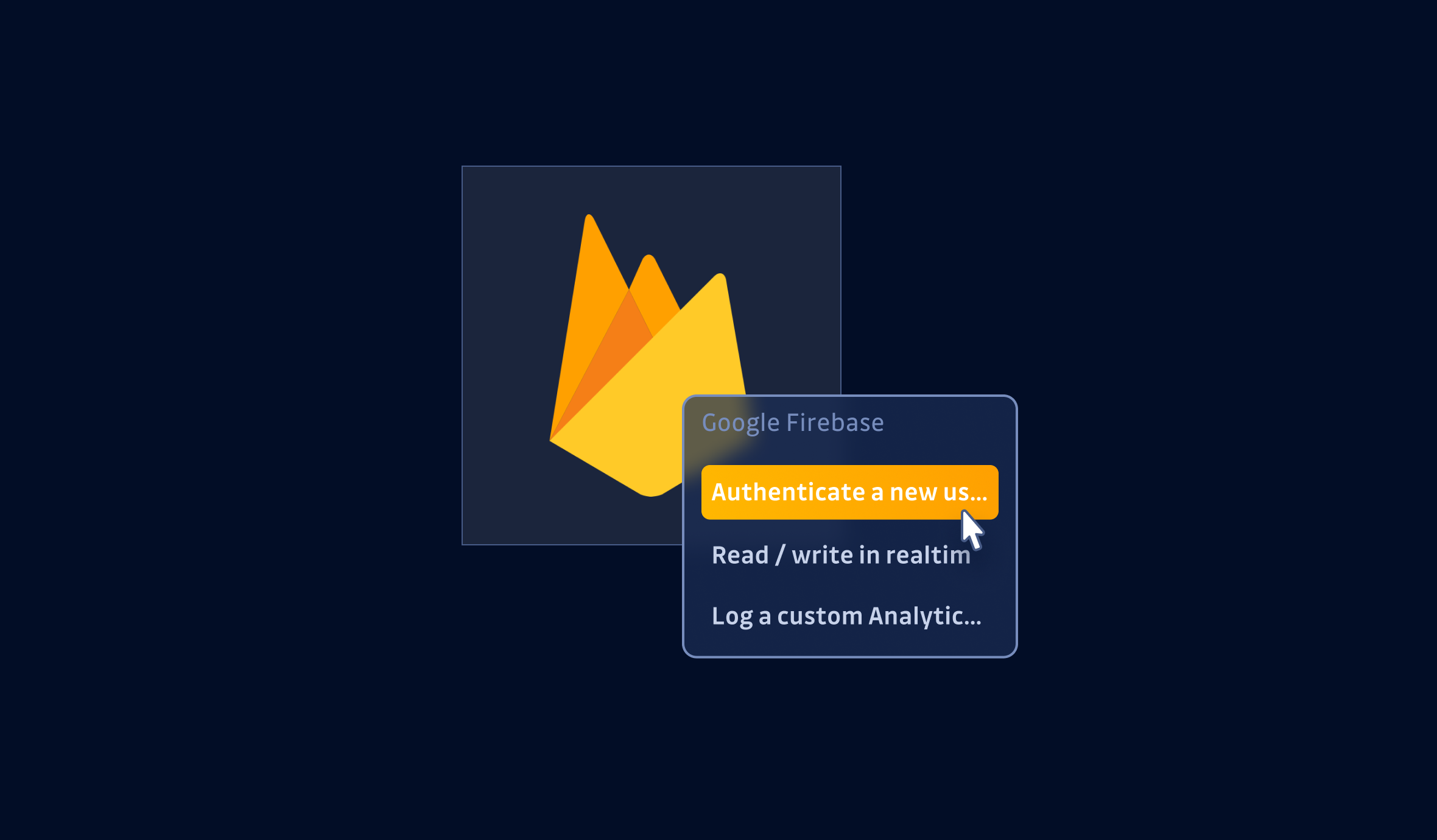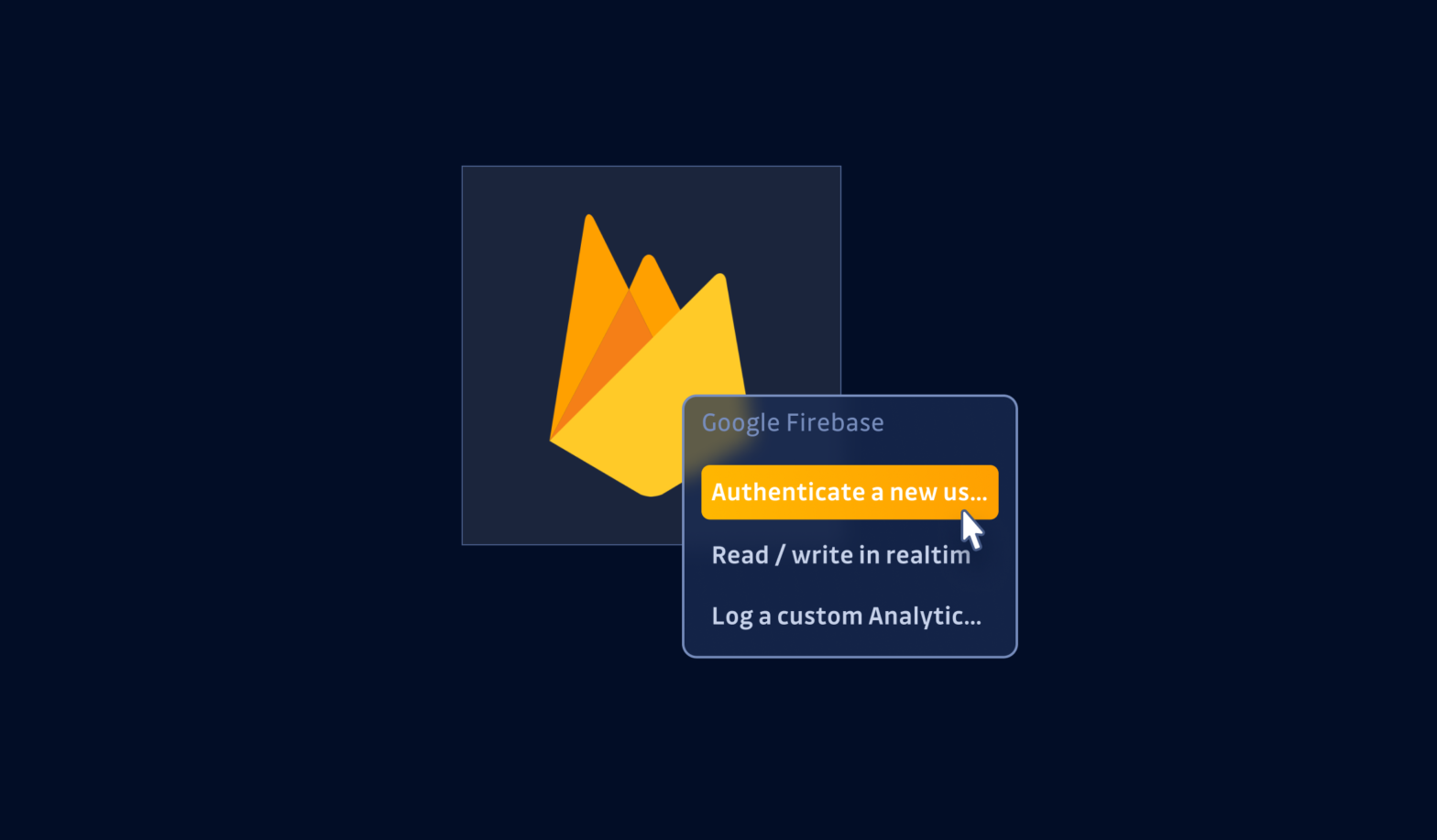[ad_1]

On March nineteenth, information broke that researchers uncovered greater than 19.8 million plaintext credentials publicly uncovered by means of situations of Google’s Firebase. Firebase is a well-liked app improvement platform utilized by over 3 million builders worldwide and practically 4,000 enterprises.
In mid March, three safety researchers, mrbruh, xyzeva and logykk, found the secrets and techniques whereas checking greater than 5 million web sites for safety flaws. This was a follow-up to earlier analysis, wherein they have been in a position to achieve “superadmin” permissions because of misconfigurations.
This new spherical of analysis unveiled 916 web sites that had both no safety guidelines applied or the place safety was misconfigured. Not solely have been plaintext secrets and techniques found, however greater than 125 million delicate consumer information containing emails, names, telephone numbers, and billing data with financial institution particulars have been additionally found. In line with the unique reporting abstract “These numbers must be taken with a grain of salt. They’re possible bigger than proven right here.”
Improperly saved credentials
This incident is in line with the conclusions we’ve got drawn from our analysis launched within the State of Secrets and techniques Sprawl Report 2024: builders are more and more improperly storing plaintext credentials, and secret sprawl is just getting worse.
The passwords uncovered have been saved as plaintext inside the appliance databases. That is particularly alarming as a result of Google supplies Firebase Authentication. This end-to-end identification platform could make it pointless to retailer consumer passwords within the first place by means of using OpenID Join or integration with any customized authentication service.
If a developer does have to retailer passwords in a database for some cause, there are very well-established patterns of utilizing salted hashes or different encryption strategies to make sure that if the database is uncovered, the password entries shall be ineffective. For these websites in query, it appears this was not a consideration. The researchers reported that, to them, “firms will need to have gone out of their strategy to retailer [the password] in plain textual content.”
IaC means misconfiguration at scale
These findings additionally present that misconfigurations proceed to offer an assault vector for malicious actors, as we’ve got seen with different experiences, corresponding to a researcher discovering GitHub admin credentials at a serious automobile firm and Microsoft 38 TB of information. The difficulty is just compounded when deploying at scale, as a misconfiguration in a single occasion can simply imply misconfigurations in tons of of incidents, all by altering one variable.
For this reason GitGuardian developed Infra as Code Safety. The GitGuardian platform can scan for over 100 of the most typical IaC misconfigurations. We may also help builders detect points like utilizing HTTP as a substitute of HTTPS or Unrestricted ingress visitors, which might result in attackers from unknown IP addresses accessing your inside DBs. Safety and improvement groups can shift left with GitGuardians IaC scanning due to ggshield, our CLI, which might detect and stop IaC misconfigurations earlier than a commit is made.
Multifactor authentication is important for functions
Sadly, if safety researchers may simply uncover this many passwords, it’s possible that malicious actors additionally found them. As we noticed in different current assaults, such because the one at Cloudflare, it’s possible solely a matter of time earlier than these passwords shall be utilized in a future assault. It’s extra very important than ever for builders to maintain plaintext passwords out of their code, databases, and environments.
A technique builders can shield customers is by implementing multifactor authentication, MFA. As Microsoft is keen on reporting, “MFA can stop 99.9 p.c of assaults in your accounts.” If correctly applied, even when a malicious actor does get your password, they may nonetheless not be capable to achieve entry until in addition they have entry to your different authentication technique. Whereas it isn’t a totally foolproof system for superior persistent menace actors, as we noticed with incidents just like the one at MGM, it’s going to deter the most typical assaults.
It’s simple from the skin to say, “If they’d simply accomplished X, this is able to not have occurred.” Hindsight is 20/20. The reality is safety is difficult to get proper at each step, particularly in case you are below stress and up towards tight deadlines. Builders do not want further steps or compelled “greatest practices” mandated on high of their workload. What they want are higher instruments that combine as seamlessly as potential into their circulation.
At GitGuardian, we consider in assembly the safety problem at each step of the software program improvement lifecycle. With ggshield, builders can set pre-commit hooks to double-check for widespread IaC misconfigurations and for any secrets and techniques they may have added in plaintext. We are able to additionally scan on the pull request step or as late because the CI/CD pipeline, assembly you the place you’re in your safety journey.
*** This can be a Safety Bloggers Community syndicated weblog from GitGuardian Weblog – Automated Secrets and techniques Detection authored by Dwayne McDaniel. Learn the unique publish at: https://weblog.gitguardian.com/misconfigurations-in-google-firebase-lead-to-over-19-8-million-leaked-secrets/
[ad_2]


